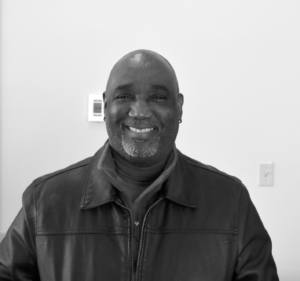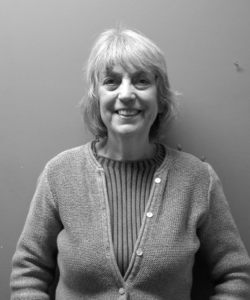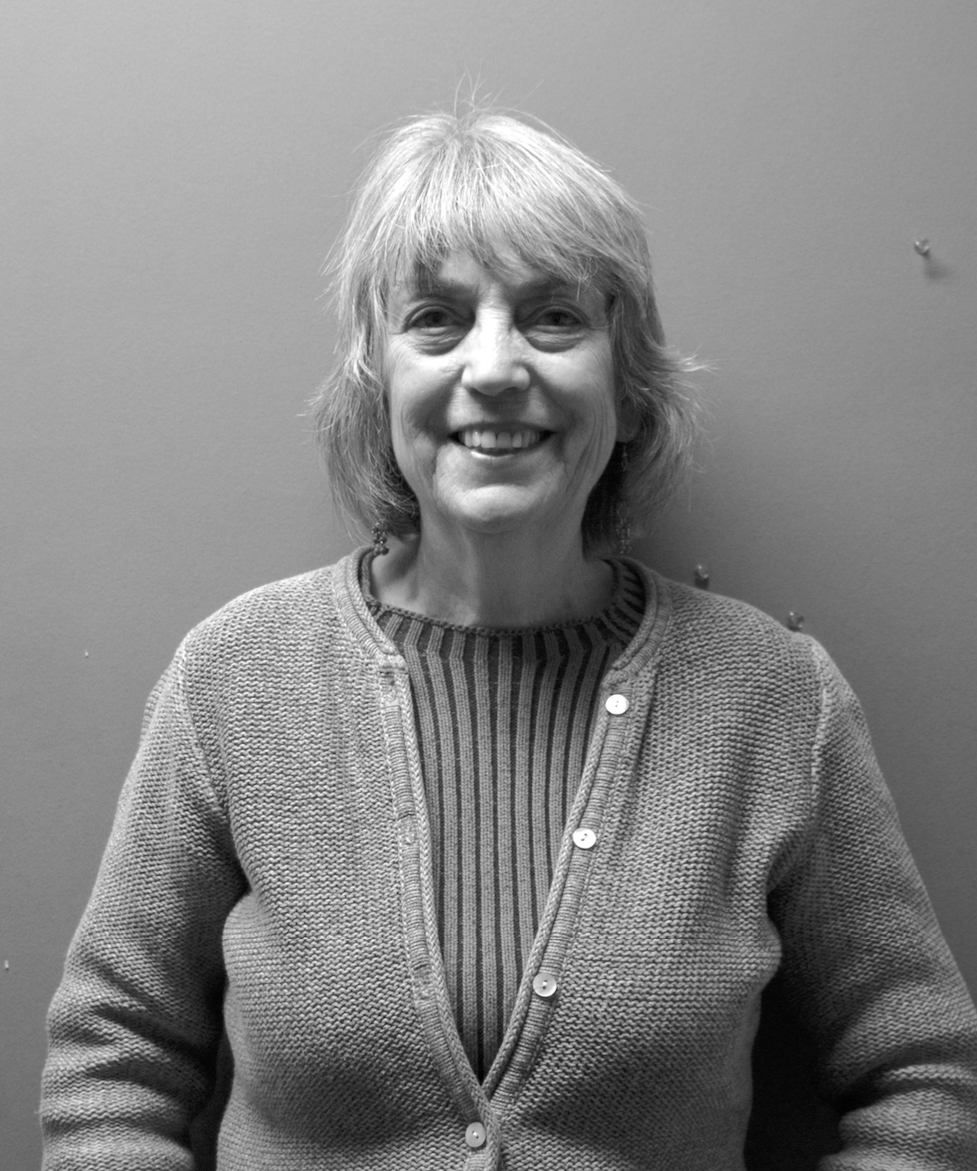Cooper-John Trapp, Staff Writer
Nontraditional students, specifically those over 40 years old, are a prominent feature of USM’s student body. Reports from Registration and Scheduling Services show that nearly 17 percent of degree seekers are ages 35 and older, while undergraduate students between ages 18 and 24 comprise only just over half of the student body.
After years or decades away from education spent following myriad different paths of life, nontraditional students eventually return to fulfill a goal or pursue a dream.
Timothy Aliviado, a sophomore education major, says that, for him, going back to school was a chance to do something he found truly meaningful. The 44 year old left the banking industry after moving from San Francisco with his husband, and is working towards becoming an elementary school teacher.

“My motivation is advocating for people who don’t have anything and if I could impact even one or two of those kids, that would make the world for me,” Aliviado explained.
Upon arriving to Maine, Aliviado was offered a job at Morgan Stanley but turned it down. He recalls, “I didn’t want to look back at my life twenty years from now and think ‘I should have taken advantage of the opportunity to get this degree.’”

Joe Harvey, 44, is a sophomore student in the cyber security program. He decided to go back to school later in his life to change careers without having to start over at an entry level position and work his way up the ladder. Harvey works maintaining the Time and Temperature building on Congress Street in downtown Portland, but found throughout his life, any job he applied for required a bachelor’s degree, regardless of his extensive resume of experience.
“Without a college degree I wouldn’t get through the door at other places,” Harvey said.
A trait all of these students share is perseverance. For Ted Ingraham, a 33 year old theater major, that meant taking classes part-time while caring for his ailing father. After graduating high school in northern Virginia, he enrolled at a local community college and tried film studies, then video game design, theatre, English and finally marketing.

Ingraham’s father passed away the same day he received his acceptance letter from USM, which he was unsure he would get into due to his learning difficulties. It marked a new chapter for him, to earn a degree both for himself and his father’s memory.
“I’ve been held back a lot,” Ingraham says, “Now it’s time to do what I wanted to do.” Living in Upperclass Hall, he feels he has found a home. “USM is the closest thing to family I’ve had outside my family.”
Many nontraditional students always planned on going to college, but the timing was wrong before now.

Wesley Wiggins, from Saco, Maine, but originally Jamaica, says college is a, “lot more expensive there and no financial aid.” At 51, the junior social and behavioral sciences (SBS) major is looking to advance his career and focus on the public health aspect of the field. Wiggins says of his educational goals, “college would have happened whether in Jamaica or the US.”
As for their experiences in the classroom, most view their years generally as a positive asset—though they often get mistaken for the faculty. He recalled walking into algebra class one semester, a student behind him asked, “are you the professor?”
Life experiences, such as formal employment and time in the military, makes up for what these students may ostensibly lack in familiarity with the course material. Harvey says that preoccupation with social status, friends and parties doesn’t slow him down anymore. He thinks that students like himself have their concerns more in perspective now: “Life, death, happiness, health, and family stuff—what you don’t get paid for is what you appreciate.”
Loretta Powers started her path to USM to become an educational tech, but instead became “inspired to write a book by a creative writing course I took at USM” While keeping her age anonymous, Powers described herself as a senior citizen. “I’m a senior, but not that kind,” Powers said.

Any Maine resident age 65 or older can go to USM tuition free, Powers stated. She plans on using her education to publish the book she wrote because of that first course.
Older students bring to the classroom a sense of purpose, direction and wisdom of a lifetime of survived trials and tribulations. They enjoy sharing their experiences with younger students, and learn from them as well.
Aliviado reflected on insight one professor gave to him during a group project, “when you were 18, would you have approached something like this the way you do now?”
Since USM is a school that attracts a large population of commuter students, that opens the possibility for older, non-traditional students to continue their education as well. These students represent the sort of character that USM prides itself on attracting: focused, driven, and empathetic students intent on making their mark on the world.

